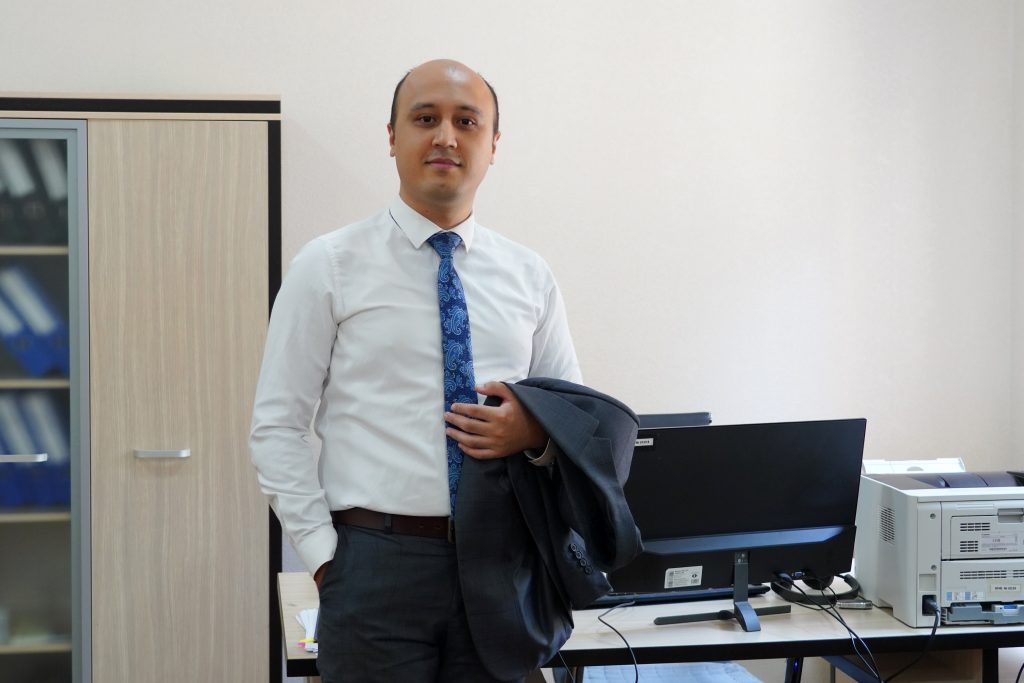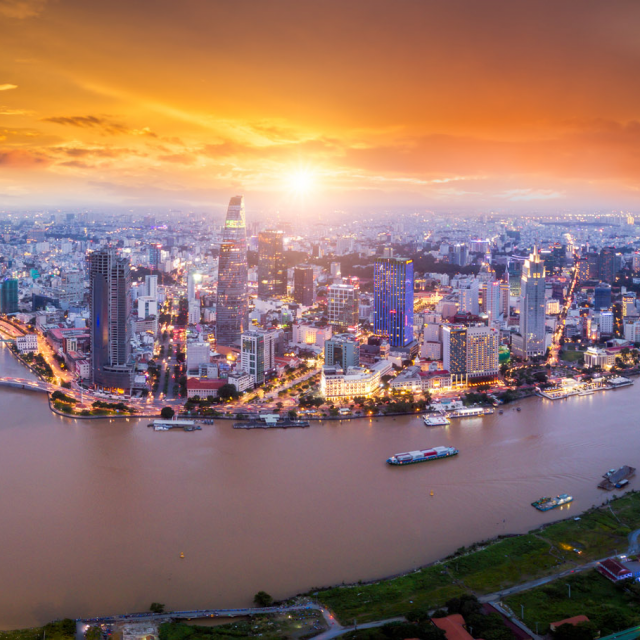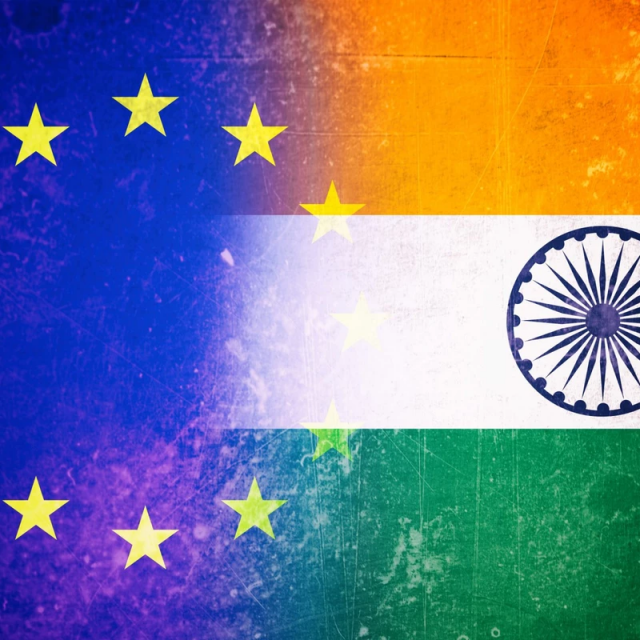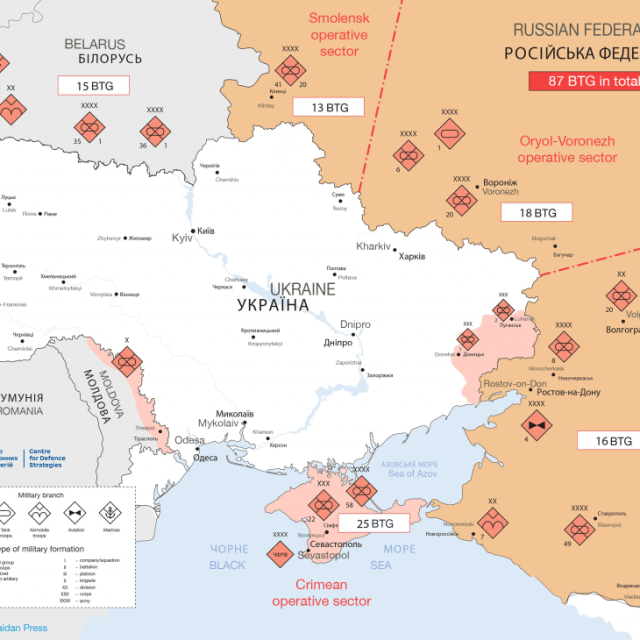Today Uzbekistan is implementing large-scale reforms in all directions. Special attention is paid to the guarantees of individual rights and freedoms in the course of the ongoing constitutional reform in Uzbekistan. In particular, the Constitution of the country proposes to consolidate the right of everyone to access and free use of the Internet. Doctor of Sciences in Law, Professor Abdulaziz Rasulev and Dr. Shokhjakhon Khujayev explained the essence and content of the proposed amendments.
In the era of globalization the human right to receive information and freedom of access to information resources is the most important. Especially today this right refers to the basic rights of the individual.
A new stage in improving the country’s Constitution has begun in Uzbekistan since May of this year. Newly created Constitutional Commission has already received more than 62 thousand proposals from the population. Among the proposals received we would especially like to mention the proposal on the freedom to use the Internet. Indeed, this proposal is one of the most important.
In Uzbekistan legislation in the sphere of information includes 30 Laws, more than 50 Presidential decrees and about 100 documents adopted by the Government. They were aimed at improving this sphere, the introduction of information and communication technologies in all spheres of society, the use of digitalization opportunities to facilitate people’s lives. The main part of the reforms in this area is implemented through the Internet. Therefore, in order to harmonize them, the basic idea of the freedom to use the Internet should be enshrined in the Constitution.
According to statistics, the global number of Internet users exceeds 60% of the world’s population, namely about 4.7 billion people. In Uzbekistan, this figure is 27.2 million people, and the number of mobile subscribers is 29 million people, which is about 80% of Uzbekistan’s population. This state of affairs testifies to the importance of the virtual environment for ordinary people.
For many people the Internet and social networks have become not only a place for leisure or communication, but also the main source of information. According to a survey conducted by UReport, the most popular sources of information for the population of Uzbekistan today are Telegram channels of the Ministry of Justice (34%) and Internet media (22%).
Therefore, information resources, the social network and the Internet in general are the most popular source among all age groups of respondents. They have become a convenient platform for dialogue with the population, working with appeals from individuals and legal entities. The information policy of state bodies and organizations is now evaluated not by the availability of information saturation in official websites, but by the efficiency of the information provided in social networks. By itself the presence of the official page of state bodies in social networks already indicates that the social network has ceased to be a platform for personal correspondence and communication between people.
The proposal to enshrine in the Constitution the right to freedom of access to information resources, communication technologies and use of the Internet is relevant for the following reasons:
First, the consolidation of freedom of access to the Internet by the world community is already recognized as a basic human right. The freedom to search, receive and disseminate information and ideas by any means was enshrined back in 1948 in the Universal Declaration of Human Rights.
Taking into account globalization, in 2011 the UN recognized the right to access the Internet as inalienable, and later the UN Human Rights Council proclaimed free access to the Internet as one of the items on the list of fundamental human rights.
The Strasbourg Declaration on Freedom of Communication on the Internet provides for seven principles of Internet freedom. In particular:
– lack of prior state control (state bodies should not, through general blocking or filtering measures, deprive the public of access to information and other communications on the Internet, regardless of state borders);
– removing barriers to people’s participation in the information society (Member States should promote and encourage access for all to Internet communications and information services on a non-discriminatory basis at an affordable price);
– Freedom to provide services via the Internet (Member States should seek to take measures to promote a wide range of services over the Internet that will meet the different needs of users and social groups).
Second, the right to access the Internet is enshrined in the Basic Law in Estonia, Finland, France, Greece and Spain. According to article 5 of the German Constitution, everyone has the right to freely express and disseminate his opinion orally, in writing and through images, as well as to freely receive information from publicly available sources.
The Constitution of Finland guarantees freedom of speech, which includes the right to express, publish and receive information, opinions and other communications without prior control.
The Spanish Constitution guarantees the free transmission and receipt of reliable information through any means of dissemination.
According to article 5a of the Greek Constitution, everyone has the right to participate in the information society. Assistance in accessing information in electronic form, as well as in its production, exchange and dissemination is the responsibility of the State.
Third, the consolidation of freedom of access to the Internet will allow resolving issues related to the blocking of websites and Internet resources. The Constitution should fix the procedure and grounds for restricting access to the Internet only by the court. Only the court should restrict the exercise of rights in certain cases. These cases will also follow from the constitutional guarantee. All this will prevent cases of unjustified broad interpretation.
Fourth, freedom of access to information resources also creates a favourable atmosphere for ensuring freedom of speech. The activities of the media and active Internet users will serve as an instrument of effective public control. In turn a healthy atmosphere will strengthen the status of journalists and the media.
Taking into account abovementioned we can say that fixing this issue at the level of the Constitution allows to:
– recognize the right of access to information resources and the Internet as an inalienable right (it means that these rights can only be restricted by a court and in accordance with the procedure established by law);
– effectively implement other human rights (in the absence of freedom of access to information, which includes the right to seek, receive and disseminate information and ideas, it is impossible to protect their rights in practice, as well as to exercise public control);
– harmonize the norms on freedom of access to information resources and the Internet with the principles of freedom of speech and democracy.
Summing up, we can say that in the era of globalization and digitalization, it is the constitutional guarantee of freedom to search for information and use information resources, including the Internet, which is the most important norm. It is the guarantee at the level of the Constitution that will express and consolidate the political will of the Government.
The Authors

Dr. Abdulaziz RASULEV, is Deputy Director of the Research Institute for Legal Policy under the Ministry of Justice of the Republic of Uzbekistan,

Dr. Shokhjakhon KHUJAYEV is Head of the Department of Intellectual Property Law at Tashkent State University of Law




